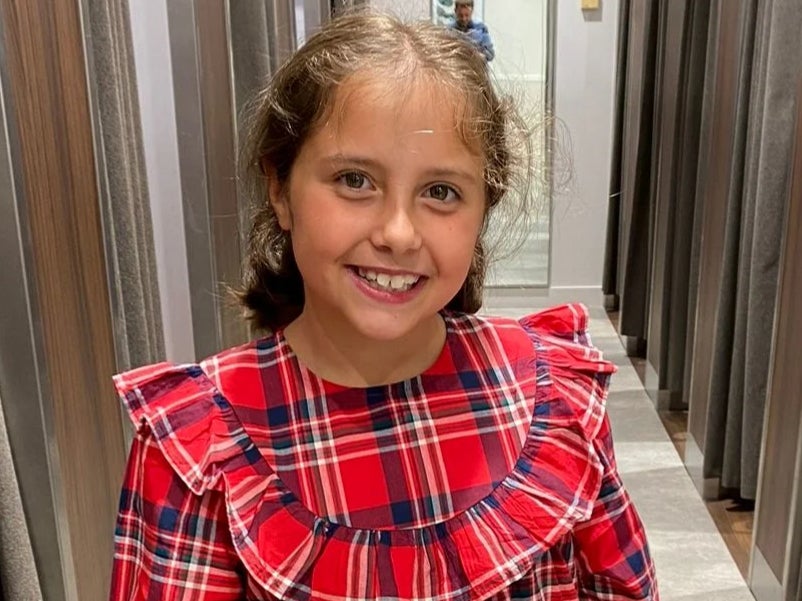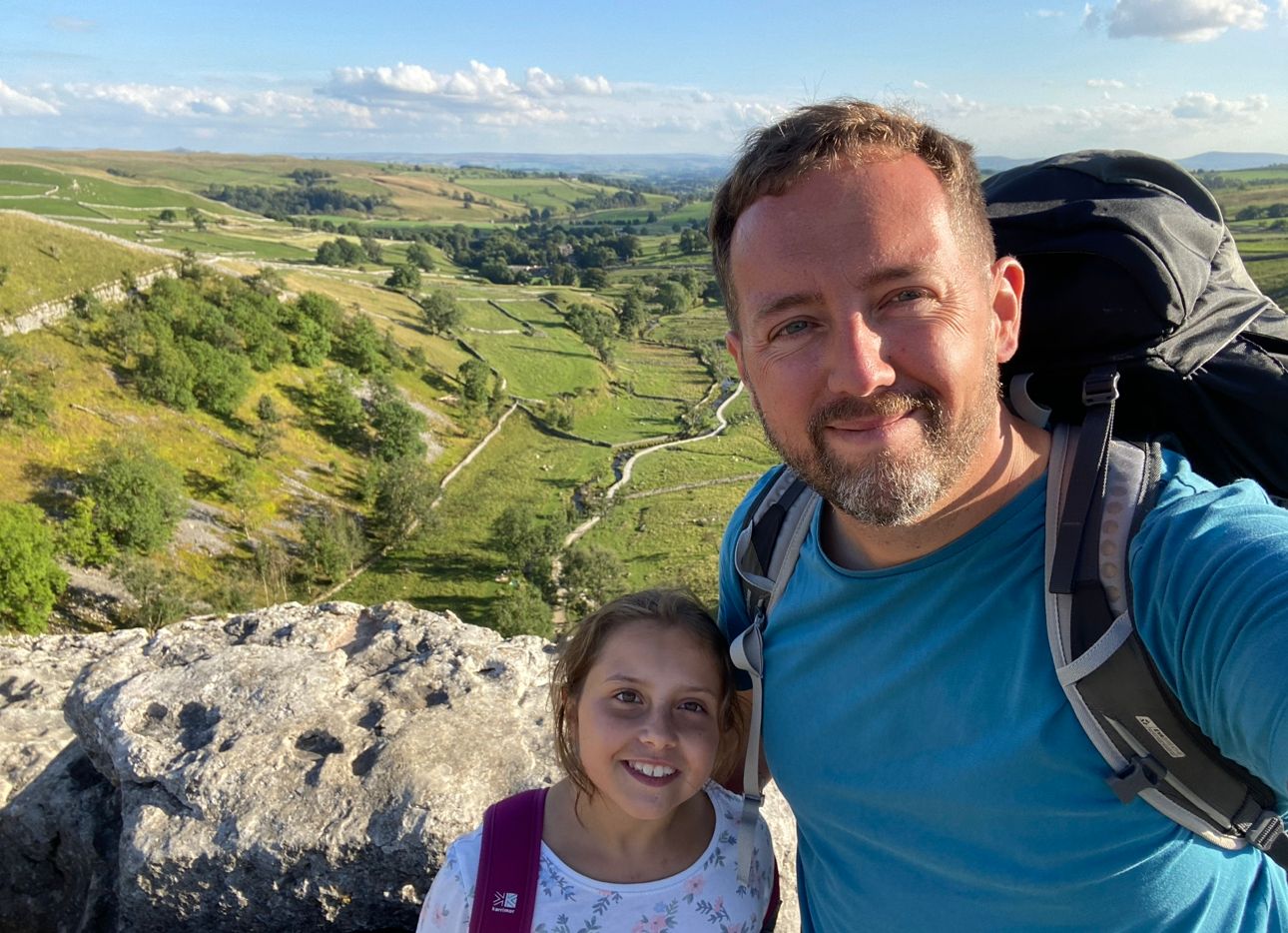Girl, 10, who complained of weak hand told she has incurable brain cancer and just months to live
Exclusive: ‘I feel like someone is holding a gun to my child’s head and I don’t when they will pull the trigger,’ father says

Your support helps us to tell the story
From reproductive rights to climate change to Big Tech, The Independent is on the ground when the story is developing. Whether it's investigating the financials of Elon Musk's pro-Trump PAC or producing our latest documentary, 'The A Word', which shines a light on the American women fighting for reproductive rights, we know how important it is to parse out the facts from the messaging.
At such a critical moment in US history, we need reporters on the ground. Your donation allows us to keep sending journalists to speak to both sides of the story.
The Independent is trusted by Americans across the entire political spectrum. And unlike many other quality news outlets, we choose not to lock Americans out of our reporting and analysis with paywalls. We believe quality journalism should be available to everyone, paid for by those who can afford it.
Your support makes all the difference.A 10-year-old girl who complained of weakness in her hand has been told she has incurable brain cancer and only months left to live.
Thalia Fili Toseland’s parents were at first not overly concerned when she said her left hand felt a “little bit weak” in February this year.
But over the course of a month, the Sheffield schoolgirl’s symptoms became worse as she progressively lost strength and control in her hand. She also began to develop a similar issue with her left foot.

Her parents took her to the GP where she was referred for a neurological assessment. As the family waited for a referral, the feeling in her left arm grew significantly worse over the course of a week and she was unable to dress herself.
She was then immediately referred to the hospital where tests revealed a tumour.
“Initially they thought it was inflammation or an infection causing swelling of the brain,” her father, Chris Toseland, said. “But after they did a scan, they found she has a tumour.”
Thalia was diagnosed with diffuse intrinsic pontine glioma (DIPG). The tumours grow in the middle part of the brain and put pressure on the part that controls motor function.
They are the second most common type of brain tumour in children, but surgery is not a viable option because it would cause too much damage to the surrounding tissue.
“All you can do is palliative-style radiotherapy which is there to shrink the tumour for a period of time, but then over time the tumour grows and the disease becomes progressively worse,” Thalia’s devastated father said.

The regrowth of the tumour commonly leads to a full shutdown of the child’s motor coordination, stripping them of the ability to walk, talk, move and swallow.
“I feel like there is someone currently holding a gun to my child’s head, and you know the trigger is going to be pulled but you don’t know when,” Mr Toseland said.
“The craziest thing for us was that she just had a bit of left-sided weakness – our minds did not go towards brain tumour. We thought she had a trapped muscle.
“We associated brain tumours with headaches, vomiting and seizures, not this,” he added. “It’s bad enough being told your child has cancer, but hearing there is nothing you can do is so difficult to process. How do we function?”
Mr Toseland has appealed for help on Twitter, asking anyone with information about any medical trials that could help his daughter to get in touch.
But he said that while some trials look optimistic, they are mainly hoping they can extend Thalia’s life and have accepted she will not be cured.
Mr Toseland, who runs a cancer research lab at Sheffield University, said he was “hugely aware that brain cancer does not get as much funding as other cancers”.
He is now determined to raise awareness and investment to develop a cure for DIPG, in the hope that other families do not have to suffer like his.
He said: “I want to make people stand up and make investments happen. Give support to this disease because when it hits, it wipes out families. It changes families forever.”



Join our commenting forum
Join thought-provoking conversations, follow other Independent readers and see their replies
Comments